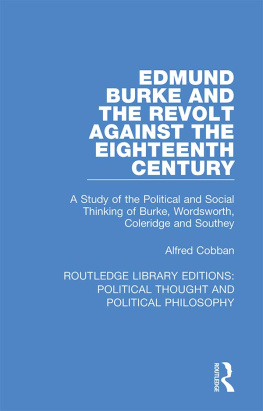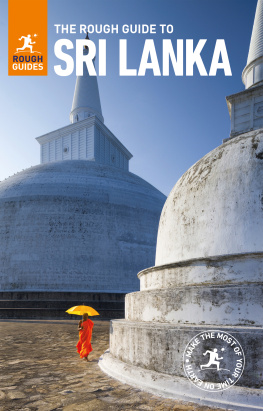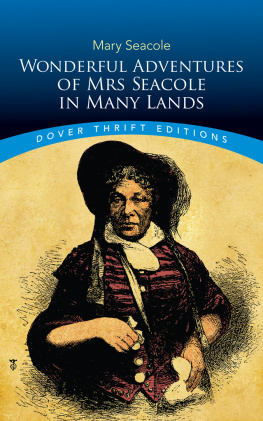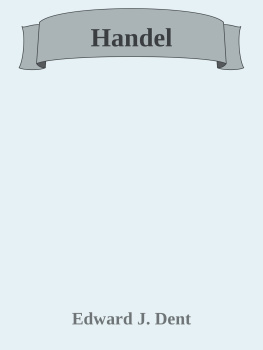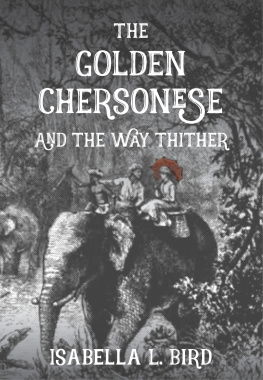ROUTLEDGE LIBRARY EDITIONS:
POLITICAL THOUGHT AND
POLITICAL PHILOSOPHY
Volume 15
EDMUND BURKE AND THE
REVOLT AGAINST THE
EIGHTEENTH CENTURY
EDMUND BURKE AND THE
REVOLT AGAINST THE
EIGHTEENTH CENTURY
A Study of the Political and Social
Thinking of Burke, Wordsworth,
Coleridge and Southey
ALFRED COBBAN
First published in 1960
Second edition first published in 1960 by George Allen & Unwin Ltd.
This edition first published in 2020
by Routledge
2 Park Square, Milton Park, Abingdon, Oxon OX14 4RN
and by Routledge
52 Vanderbilt Avenue, New York, NY 10017
Routledge is an imprint of the Taylor & Francis Group, an informa business
1960 George Allen & Unwin Ltd.
All rights reserved. No part of this book may be reprinted or reproduced or utilised in any form or by any electronic, mechanical, or other means, now known or hereafter invented, including photocopying and recording, or in any information storage or retrieval system, without permission in writing from the publishers.
Trademark notice: Product or corporate names may be trademarks or registered trademarks, and are used only for identification and explanation without intent to infringe.
British Library Cataloguing in Publication Data
A catalogue record for this book is available from the British Library
ISBN: 978-0-367-21961-1 (Set)
ISBN: 978-0-429-35434-2 (Set) (ebk)
ISBN: 978-0-367-24429-3 (Volume 15) (hbk)
ISBN: 978-0-429-28237-9 (Volume 15) (ebk)
Publishers Note
The publisher has gone to great lengths to ensure the quality of this reprint but points out that some imperfections in the original copies may be apparent.
Disclaimer
The publisher has made every effort to trace copyright holders and would welcome correspondence from those they have been unable to trace.
EDMUND BURKE
AND THE REVOLT AGAINST
THE EIGHTEENTH CENTURY
A Study of the Political and Social Thinking of
Burke, Wordsworth, Coleridge and Southey
ALFRED COBBAN
FIRST PUBLISHED IN 1929
SECOND EDITION 1960
This book is copyright under the Berne Convention.
Apart from any fair dealing for the purposes of
private study, research, criticism, or review, as permitted
under the Copyright Act, 1956, no portion
may be reproduced by any process without
written permission. Enquiries should be addressed to the
publisher.
Second Edition George Allen & Unwin Ltd., 1960.
TO
MY MOTHER
Printed in Great Britain
by Bradford & Dickens
London, W.C.1
THE PREPARATION OF THIS BOOK Was commenced while I was studying Burke under the supervision of Dr. H. W. V. Temperley of Peterhouse, Cambridge, to whom I am greatly indebted. I am also very grateful to Professor J. Lyle Morison of Armstrong College for much encouragement and kindness, and to my wife, whose assistance greatly lightened the burden of preparing the book for publication. For the leisure which allowed of its writing I am indebted to the grant of a Research Scholarship by Gonville and Caius College, Cambridge.
Part of the material for has been published in the Cambridge Historical Journal, Vol. II, No. I, under the title, Edmund Burke and the Origins of the Theory of Nationality.
Considerations of space have made it necessary to give only those references which seem the more important and interesting. I have in general referred to the most easily obtainable editions.
THIS BOOK, which was first published in 1929, has been for some time out of print and almost unobtainable. As it seems still to be in demand, no apology need be made for the appearance of a second edition. Some explanation, however, in addition to the very material one of expense, may be thought desirable for its republication with only minor alterations. Times change and with them the questions that historians ask and the problems that force themselves on their attention. No historian could write, after an interval of thirty years, exactly the book he had written generation earlier. Indeed, if I were to attempt to revise this one now, I suspect that quite a different one would emerge from the process. But though history, judging by the pace at which modern works of history get out of date, seems to have become one of the most ephemeral of the arts, I hope that this book has not yet exhausted its relevance. Certainly historical interest in its subject, and particularly in the general field of human activity with which it deals, is far from having declined in the intervening years since it was first printed.
Political and social thought, which is now attracting increasing attention both in the universities and among the general public, is re-emerging into historical consciousness after a long eclipse. Thirty years ago in Great Britain, political ideas were approaching their nadir and their stud] was largely eliminated from history. Although the writing of a book on such a subject at that time may have perhaps reflected the influence of a history school where the tradition of Acton and Maitland and Figgis, though barely perceptible, still faintly survived, new times were naturally bringing new trends, and not only in historical writing. The year 1929 was a turning-point in world history, when the ideals that had survived the First World War and the Peace finally crashed. In the nineteen-thirties there was little place for theories or ideas, unless they were the rather special kind of ideas of a Hitler or a Stalin.
In history the rising genius of Professor L. B. (now Sir Lewis) Namier revealed a new world to the historian, if a world which, so to speak, had been under his feet the whole time, while his eyes had been fixed on what might have been considered a cloudy and intangible vision of ideals and ideas. Professor Namier turned over the stones that had too long been left undisturbed, and revealed the crawling underworld of politics. It would not be quite fair to say that earlier historians had been altogether ignorant of it, but they had chosen not to inspect it too closely. The realism of the nineteen-thirties accepted the facts of political life frankly, almost joyfully. This, it was felt, was real history, the way in which things were done, the actual structure of politics, and it was undoubtedly true, at least of political intrigue in an age of political intrigue. Furthermore, now was revealed, for the first time fully and clearly, the importance of a careful study of political statistics, a process which destroyed, and continues to destroy, many false generalisations. On the other hand, gain often brings loss with it, and it must be admitted that in concentrating our attention on counting heads we ceased to worry about what had gone on inside them.
Perhaps this is not quite fair: the mental processes of a Newcastle, a Bute or a George III could hardly be ignored, for these were important political figures. Their weight in the scales of the parliamentary history of their day far exceeded that of an upstart Irish adventurer such as Edmund Burke. Weighed in this balance his importance is rightly not to be compared with theirs. The Shakespeares second-best bed school of history subsequently developed a minor interest in Burkes personal finances and in the more petty political manoeuvres with which he was associated. These were not his worst offences, however. What he could not be forgiven was his invention of the theory of party government. It remains perhaps the one living result of the faction struggle of George IIIs reign, that is otherwise now as dead as the Graftons and Grenvilles and Rockinghams and all those politicians who were so great in a day of little issues and so inadequate to great ones. But it was a new and therefore unhistorical theory, and Burkes classic speeches and pamphlets undoubtedly gave a twist to the interpretation of the politics of George IIIs reign which needed to be corrected by historians. If we add that he was grossly unfair to Warren Hastings, and that his facts on the French Revolution were largely wrong, it is not difficult to understand why he became the favourite Aunt Sally (except when he was cast in a more sinister role as the chief poison pen) of the historians of the eighteenth-century. It does not seem to have occurred to them that he could be anything but a slice of source material and rather a bad slice at that. The view that Burke has been, and still is, one of the dominating influences on British political life, and that however short a list of the worlds greatest political thinkers might be drawn up, it would be difficult to exclude his name from it, was not controverted: it was just ignored.

